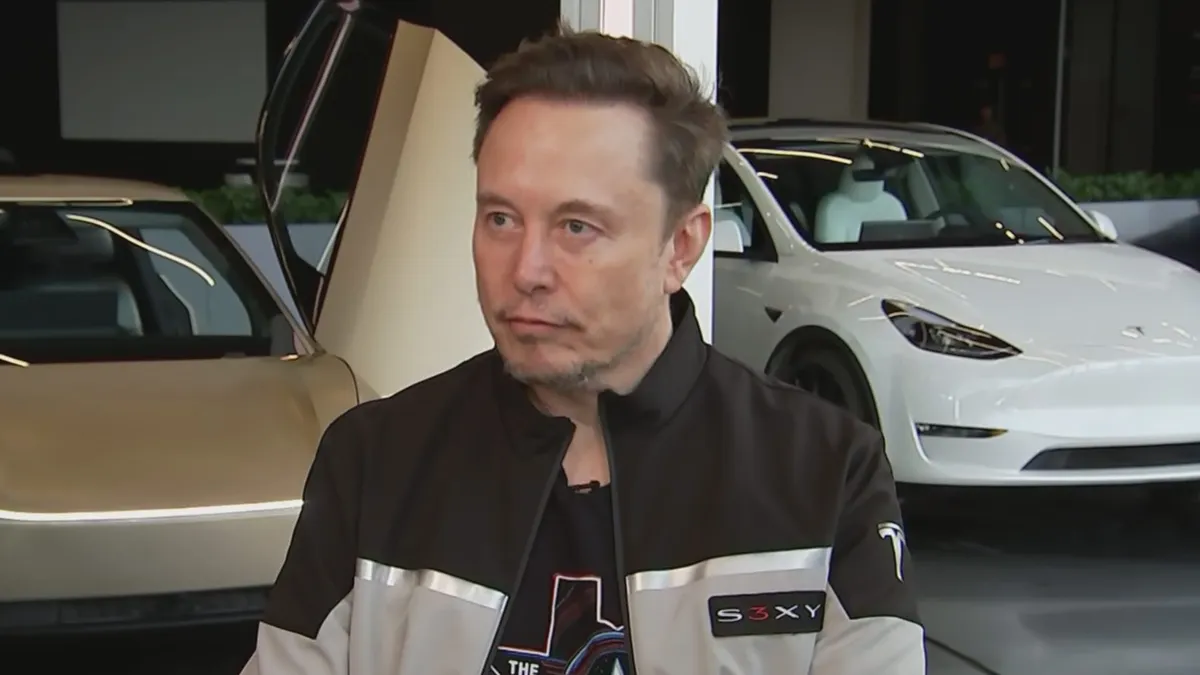
In April, Tesla experienced a significant downturn in its vehicle sales across Europe, marking a troubling trend for the U.S. electric carmaker. According to the European Automobile Manufacturers' Association (ACEA), Tesla sold only 7,261 cars in Europe during the month, representing a staggering 49% year-on-year decline. This decline is particularly alarming given that the overall sales of battery electric cars in Europe surged by 34.1% during the same period.
Several factors have contributed to Tesla's declining reputation and sales in the European market. Over the past few months, Tesla's brand image has been tarnished due to CEO Elon Musk's political activities, particularly his involvement with U.S. President Donald Trump. This has led to protests at Tesla dealerships throughout Europe, further impacting customer perceptions.
Additionally, for the January-April period, Tesla's sales have plummeted by nearly 40% year-on-year. Despite the recent launch of an upgraded version of the Model Y sports utility vehicle, the company’s overall line-up appears outdated, with no new mass-market models introduced to captivate consumers.
Compounding Tesla's challenges is the intensifying competition from both traditional automakers and aggressive players from China. Notably, recent data revealed that BYD, a prominent Chinese auto giant, sold more pure electric cars in Europe than Tesla for the first time. This shift in market dynamics indicates that consumers are increasingly exploring options beyond Tesla.
Moreover, European consumers are gradually favoring hybrid electric vehicles—vehicles that combine a small battery with traditional fuel. According to ACEA data, hybrid electric vehicles now account for just over 35% of the total European car market. In contrast, Tesla’s strategy focuses solely on full battery-powered vehicles, leaving it without a hybrid option to attract this growing segment of the market.
Investor sentiment has been further complicated by questions surrounding Musk's commitment to Tesla, given his advisory role with Trump and his leadership of the so-called Department of Government Efficiency (DOGE). During a recent earnings call, Musk indicated that his involvement with DOGE would significantly decrease by the end of May, allowing him to focus more on Tesla. He reassured investors of his intent to lead the company for at least the next five years, despite the ongoing challenges.
As Tesla navigates these turbulent waters, the company's ability to adapt to the evolving European market will be critical in reversing its declining sales trend and restoring its reputation among consumers.
In conclusion, while Tesla has made strides in the electric vehicle sector, the recent sales figures highlight the urgent need for strategic adjustments to counteract reputational damage and heightened competition in Europe.